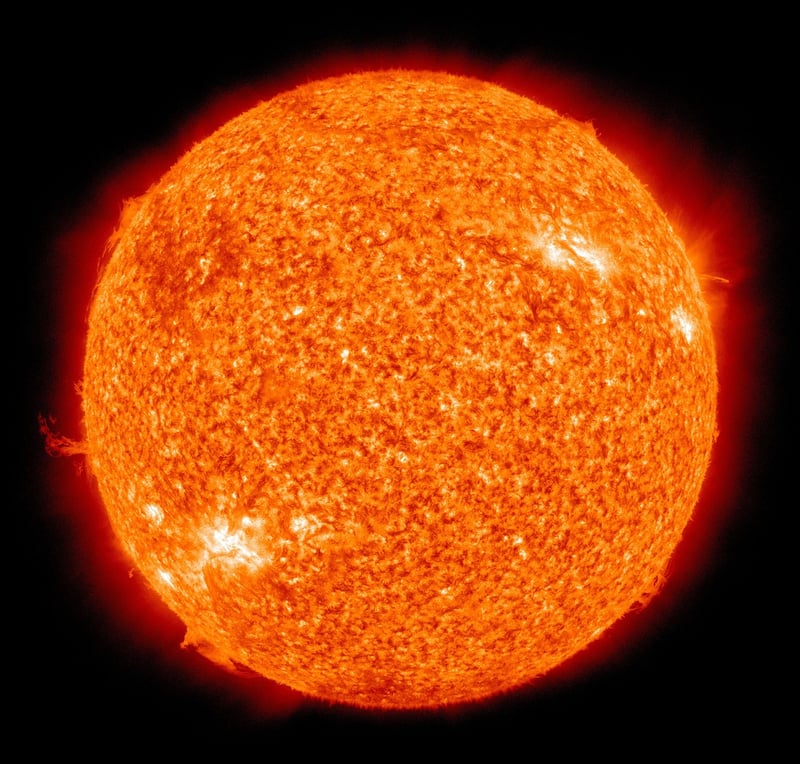Space Exploration
The Evolution of Space Exploration Through Different Eras
Space exploration has always been a fascinating subject that has captivated the minds of people across different eras. Let's take a journey through time to explore how humanity's quest to understand the cosmos has evolved over the years.
Ancient Civilizations and Early Astronomy
Ancient civilizations such as the Babylonians, Egyptians, and Greeks made significant contributions to early astronomy. They observed the movements of celestial bodies and developed rudimentary models to explain the motion of the stars and planets.

The Space Race and the Cold War Era
The mid-20th century marked the beginning of the space age with the launch of the first artificial satellite, Sputnik 1, by the Soviet Union in 1957. This event triggered the space race between the US and the USSR, leading to significant advancements in space technology.

The Modern Era of Space Exploration
In the modern era, space exploration has become more collaborative, with multiple countries and private companies actively involved in missions to explore the Moon, Mars, and beyond. Advancements in technology have enabled the development of reusable rockets, rovers, and space telescopes.

The Future of Space Exploration
As we look towards the future, space agencies are planning ambitious missions to establish a presence on Mars, return humans to the Moon, and explore the outer planets of our solar system. Breakthroughs in propulsion systems, artificial intelligence, and robotics are expected to revolutionize space exploration in the coming decades.

By reflecting on the achievements of the past and embracing the possibilities of the future, we continue to push the boundaries of human knowledge and expand our understanding of the universe.
Join us in this exciting journey as we explore the final frontier and unlock the mysteries of the cosmos!
